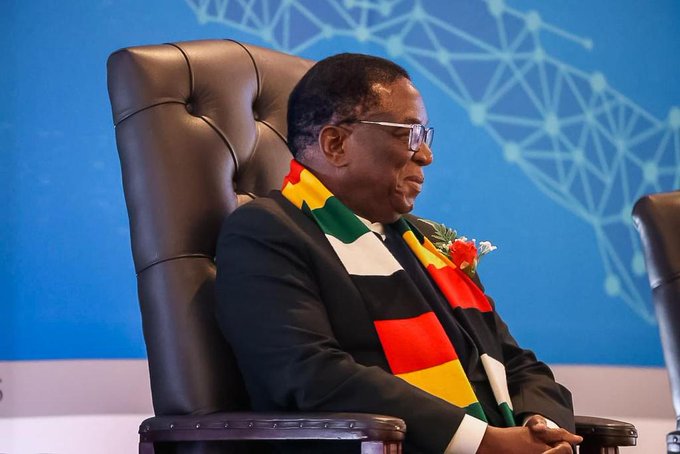In a striking juxtaposition of spiritual appeal and political tension, Zimbabwean President Emmerson Mnangagwa convened a national breakfast prayer meeting on Wednesday, August 7, 2024, at the State House. The conference, attended by senior members of his ruling Zanu-PF party, government officials, and selected clergy, was a call for divine guidance in the lead-up to the 44th Southern African Development Community (SADC) summit scheduled for August 17-18.
Mnangagwa’s plea for God’s assistance was notably framed within the context of heightened political activity and unrest in Zimbabwe. Over the past two months, nearly 100 activists have been jailed, a development that has drawn significant scrutiny from both domestic and international observers. The arrests come against a backdrop of allegations from Information Minister Jenfan Muswere, who has accused certain religious leaders of colluding with civil society groups to destabilize the government. Muswere’s comments have intensified the political atmosphere as the SADC summit approaches.
The President’s address at the prayer meeting underscored a dual focus on maintaining national unity and preparing for the international event. Mnangagwa urged the church and the broader nation to pray for a successful and peaceful summit. He emphasized the need for wisdom and humility in leadership, calling for an approach marked by patriotism and unity: “Let us equally approach the SADC summit with enhanced patriotism and unity, recognizing that this is a moment of honor for our beloved motherland, Zimbabwe.”
The summit will be a significant event for Zimbabwe, marking its fourth time hosting the SADC summit since its inception. Previous gatherings were held on July 20, 1981; August 25, 1989; and August 17, 2014. The importance of the summit for Zimbabwe is underscored by Mnangagwa’s appeal for divine guidance and a demonstration of “Godly love, warmth, joy, and kindness” in interactions with international guests.
However, the political climate remains charged. Opposition groups and civil society organizations have expressed intentions to protest on the summit’s sidelines, voicing dissatisfaction with the outcome of Zimbabwe’s August 2023 elections, which have been marred by allegations of irregularities and disputes. In response to potential unrest, Farai Marapira, the ruling party’s director of information, has indicated a readiness to address any subversive activities decisively, signaling a potential crackdown on dissent.
As Zimbabwe prepares to host the summit, the convergence of political, social, and religious elements creates a complex backdrop. Mnangagwa’s national prayer meeting reflects a broader strategy to navigate these turbulent waters, seeking both spiritual support and international validation. The outcome of the summit and the government’s response to ongoing dissent will likely be pivotal in shaping Zimbabwe’s political landscape in the coming months.
In other news – Munetsi indicates readiness to drop charges against Tytie and Kiki
In a surprising turn of events, Munetsi has indicated he may be ready to drop the lawsuit he filed against Tytie and Kiki. The news comes after Munetsi posted a message on his social media page expressing his willingness to engage with the defendants in a positive manner and potentially dismiss the remaining charges.
On his page, Munetsi wrote, “I am still willing to engage them in good spirit and drop the remaining cases. They know what they are supposed to do.” This statement has sparked a mix of reactions among his followers. Many are expressing skepticism, with some suggesting that Munetsi’s stance might be inconsistent with his earlier actions. Read More
